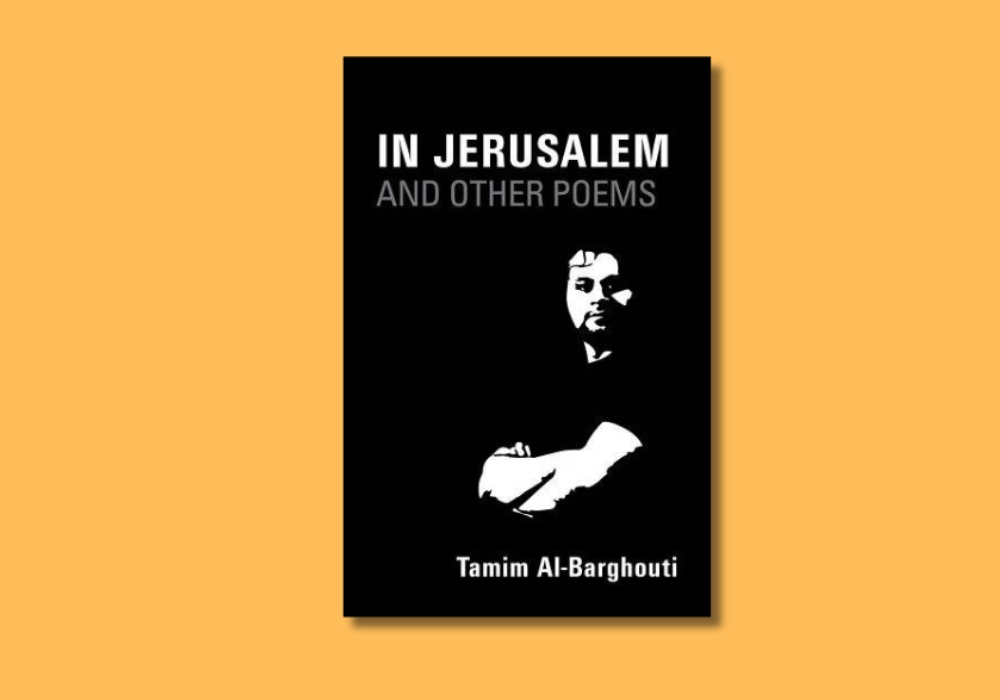The London Book Fair runs from April 16-April 18, and WWB brings it to you from the Literary Translation Centre, a seminar dedicated to all aspects of literary translation. Follow us each day on Twitter–@WWBorders—and on our Dispatches blog, where we'll be posting daily round-ups with news on the ground.
Turnout at Day One of the Literary Translation Centre—here at the London Book Fair—looks to be even higher than last year. And with crowds of enthused literati swarming around the podium, the LTC was an island of polyglot fervor in the white-carpeted expanse of the Earl’s Court convention center. This is a self-selecting crowd of editors, translators, publishers, and writers. But some of its most eloquent exponents argue against well-worn partitions that leave translated fiction and its “native” counterparts on opposite sides of an artificial divide. Literature in translation should be treated, first and foremost, as literature, is the consensus on day one. The “in-translation” tag is best tacked on later, if at all. “I don’t want someone to treat my translation as a distinct sort of literary artifact,” Daniel Hahn told listeners in a free-form session he led with Maureen Freely. “It should be treated as a book originally written in English.” The Independent’s Boyd Tonkin echoed the sentiment later on, when he batted away that old truism about reader reticence over translations. “People who are hostile to literature in translation are hostile to great literature altogether,” he told a panel led by WWB’s own Samantha Schnee and Susan Harris.
This was a day about exploring spaces: how to get into that “charged space between two languages” as a translator, to lift an apt phrase from Maureen Freely; how to make use of residencies and propitious institutional spaces; and how “gatekeepers” or “road-openers” (as New Directions titan Barbara Epler put it) legitimate the spaces available to literature in translation.
At a morning panel, Sigrid Bousset, of Passa Porta, led a chat about residencies for writers. Belgian writer Rachida Lamrabet spoke about seeking refuge from, and yet also needing, “her messy life” to power her descents into fiction. She and writer Neel Mukherjee—colleagues and beneficiaries of Passa Porta’s literary residence programs—exchanged anecdotes about their residencies in a foreign city: Lamrabet in London and Mukherjee in Brussels. As Mukherjee reminded us, by way of Adorno, it is a writer’s moral duty not to feel at home in one’s own country. But if the inspired are forever ranging about in the creative ferment of intellectual exile, we may as well literalize the sentiment. And confect in an enchanting foreign city, or else some majestic mountain haunt. Katherine Silver, of the Banff International Literary Translation Center, tantalized us with descriptions of an annual translators’ retreat in the stunning Canadian wilderness.
The next panel was about entering into the professional space of being a translator. How does one get into the field was the guiding question here. Well, by accident, explained Daniel Hahn, whose experience may well be emblematic. “I didn’t set out to become a translator,” he said, “rather, it happened.” He had occasion to translate from the Portuguese, and took advantage of the opportunity. This is how many young translators should avail themselves of editorial interest, he pointed out. You start as a reader, say, of a manuscript that an editor is surveying from an agent. And if the text speaks to you, and the circumstances work in your favor—the project might just take felicitous shape. Maureen Freely described a similarly fortuitous process. A journalist and novelist herself, she was drawn to Turkish literature as a kind of homecoming; she spoke the language as a child but wanted to build up her investment in its literature. So off she went, she told us, armed for a time with novels and a dictionary to navigate the inevitable shoals along the way. Now, of course, we know her as the distinguished translator of Orhan Pamuk.
An afternoon panel about international literature’s gatekeepers took these meditations on space a step further. Who opens—and closes—the doors to literature in translation? A lively conversation sprang up among Susan Harris, Barbara Epler, Boyd Tonkin, and Shaun Whiteside. The challenge, the group agreed, was how to keep the space of international literature pristine and unblemished by the despoiling effects of too-vigorous marketing, which sometimes leaves richly idiosyncratic literature shorn of its delightful particularity. This is the result of enormous pressure on agents and local editors to feed books in translation to publishers who are looking for familiar Anglo-American formulas. A translator himself, Shaun Whiteside was sanguine about future prospects—as were Susan Harris and Barbara Epler. There are signs, they concurred, that the strictures of the old conventionality are loosening. We can attribute this to the irrepressible brilliance of writers everywhere. But now seems as good an occasion as any to acknowledge another indispensable contingent—the champions of international fiction among editors, translators, and perseverant publishers.










